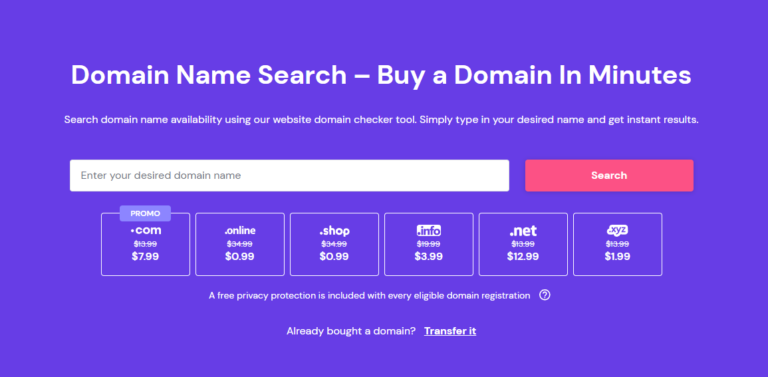Non-clustered indexes are a type of database index that greatly enhance query performance by creating a separate data structure that stores a sorted order of selected columns from a table. Unlike clustered indexes that determine the physical order of data rows, non-clustered indexes don’t alter the actual data arrangement. Instead, they provide a quick reference to the data location, leading to faster retrieval times.
How Non-Clustered Indexes Work
Non-clustered indexes function as a two-column structure, with the index key and a pointer to the actual data rows. When a query is executed, the database engine consults the non-clustered index to locate the relevant rows, then accesses the actual data using the pointers. This indirection might seem like an additional step, but it substantially improves query speed, especially for complex queries involving large datasets.
Benefits of Using Non-Clustered Indexes
- Enhanced Query Performance: Non-clustered indexes significantly reduce the time required for query execution, as the index itself is smaller and faster to traverse than the entire table.
- Minimal Impact on Data Modification: Unlike clustered indexes, non-clustered indexes do not affect the physical order of data rows. This makes them ideal for tables with frequent data updates.
- Support for Multiple Indexes: You can create multiple non-clustered indexes on a single table, allowing optimization for various query types without altering the table’s physical layout.
- Sorting and Filtering Efficiency: Non-clustered indexes enable rapid sorting and filtering of data, enabling efficient data manipulation operations.
- Effective for JOIN Operations: When joining multiple tables, non-clustered indexes on the join columns can greatly enhance the speed of these operations.
Stay tuned for the rest of the article to learn more about the advantages of non-clustered indexes and how they can revolutionize your database management strategies.
Continue Reading: Part 2 – Benefits of Using Non-Clustered Indexes
Key Differences Between Clustered and Non-Clustered Indexes
Before delving deeper into the merits of non-clustered indexes, it’s essential to understand their differences from clustered indexes. While clustered indexes dictate the physical order of data in a table, non-clustered indexes operate independently of the data layout.
…
Understanding the Role of Fill Factor
In the context of non-clustered indexes, the fill factor plays a crucial role in maintaining optimal performance. The fill factor determines the percentage of space on each index page that should be filled with data. By carefully setting the fill factor, you can mitigate index fragmentation and ensure efficient space utilization.
…
Optimizing Query Performance Through Non-Clustered Indexes
Non-clustered indexes can be a game-changer when it comes to optimizing query performance. By strategically choosing the right columns to index and considering the query patterns, you can significantly enhance the speed of data retrieval.
…
Future Trends in Indexing and Database Optimization
As technology evolves, so do database management strategies. The future of indexing is likely to be shaped by advancements in machine learning, AI-driven optimizations, and more sophisticated query optimization techniques.
…
Conclusion
In conclusion, non-clustered indexes offer a powerful tool for enhancing database performance and optimizing query execution. Their ability to improve data retrieval speed, support various query types, and minimize the impact on data modification makes them a crucial asset in modern database management.
Take the first step toward unlocking the potential of non-clustered indexes in your database systems. Implement them wisely, considering your specific use cases, query patterns, and data modification frequency, and you’ll witness a substantial boost in overall performance.




